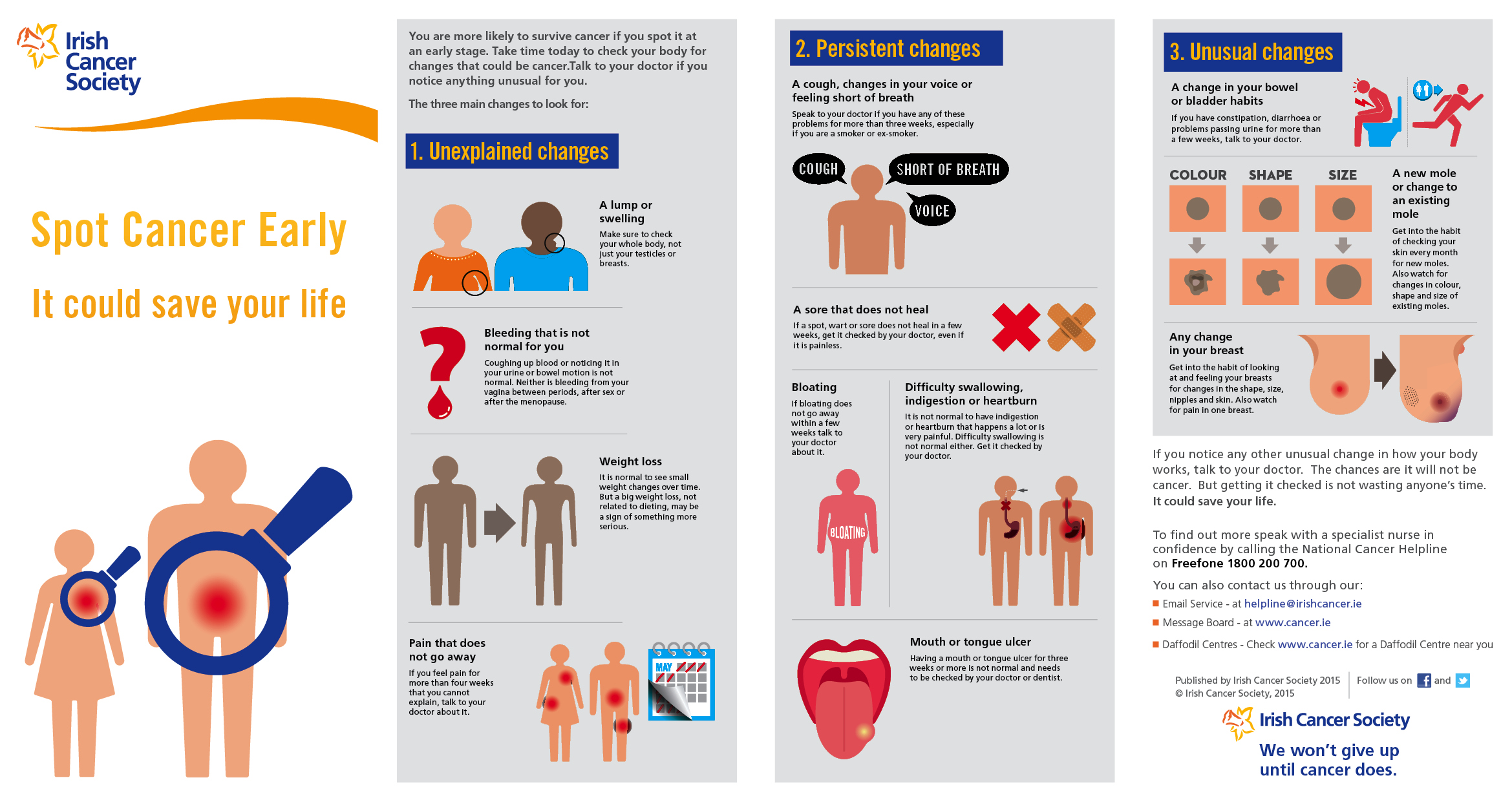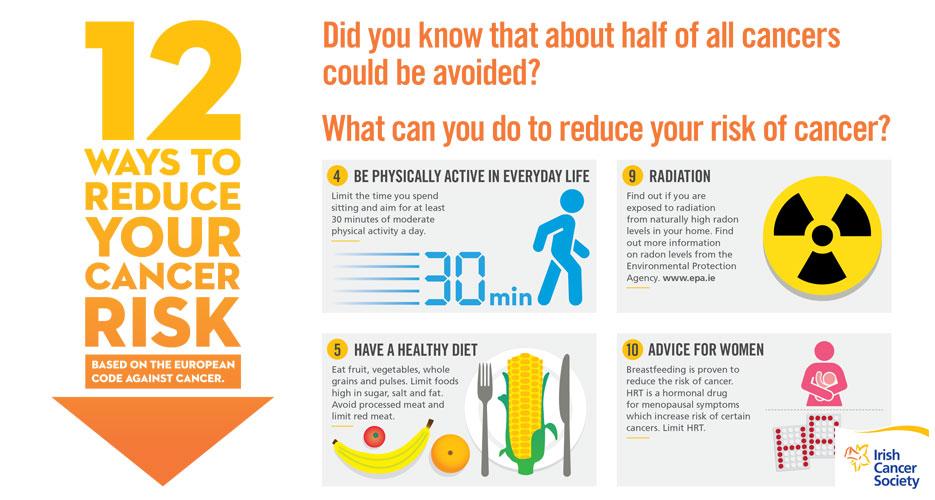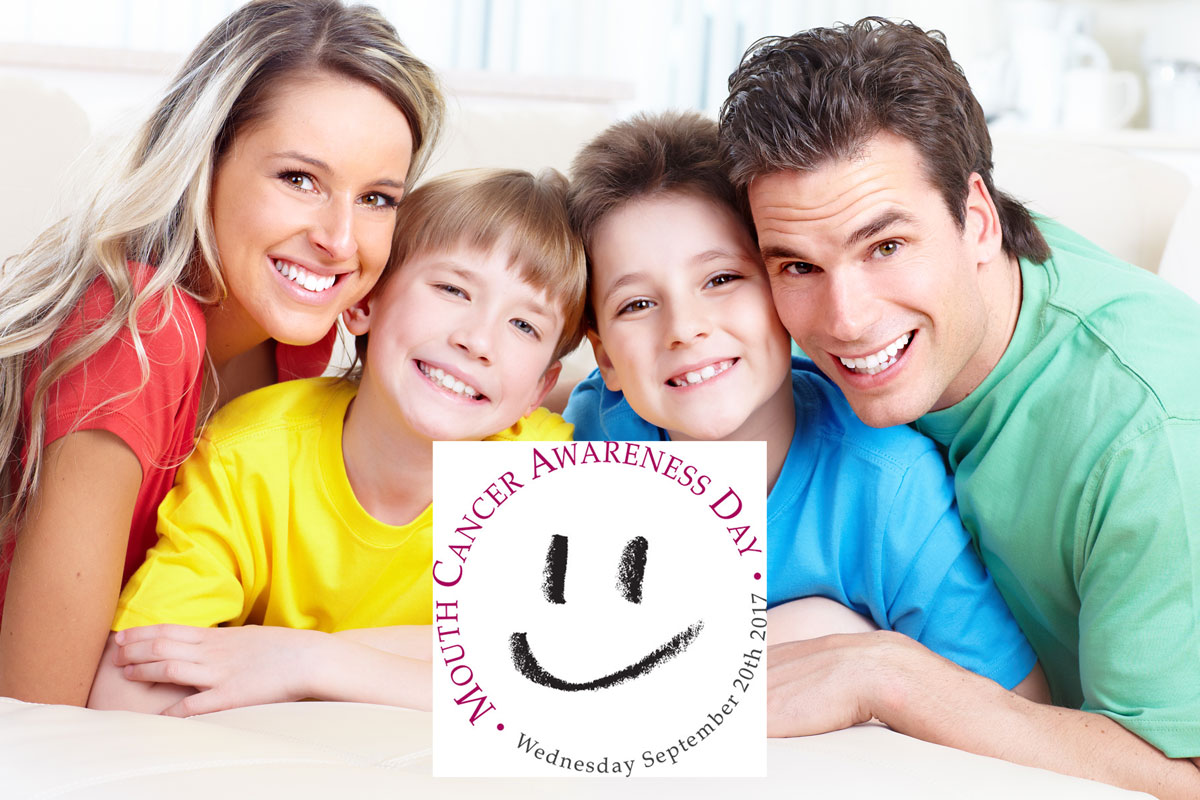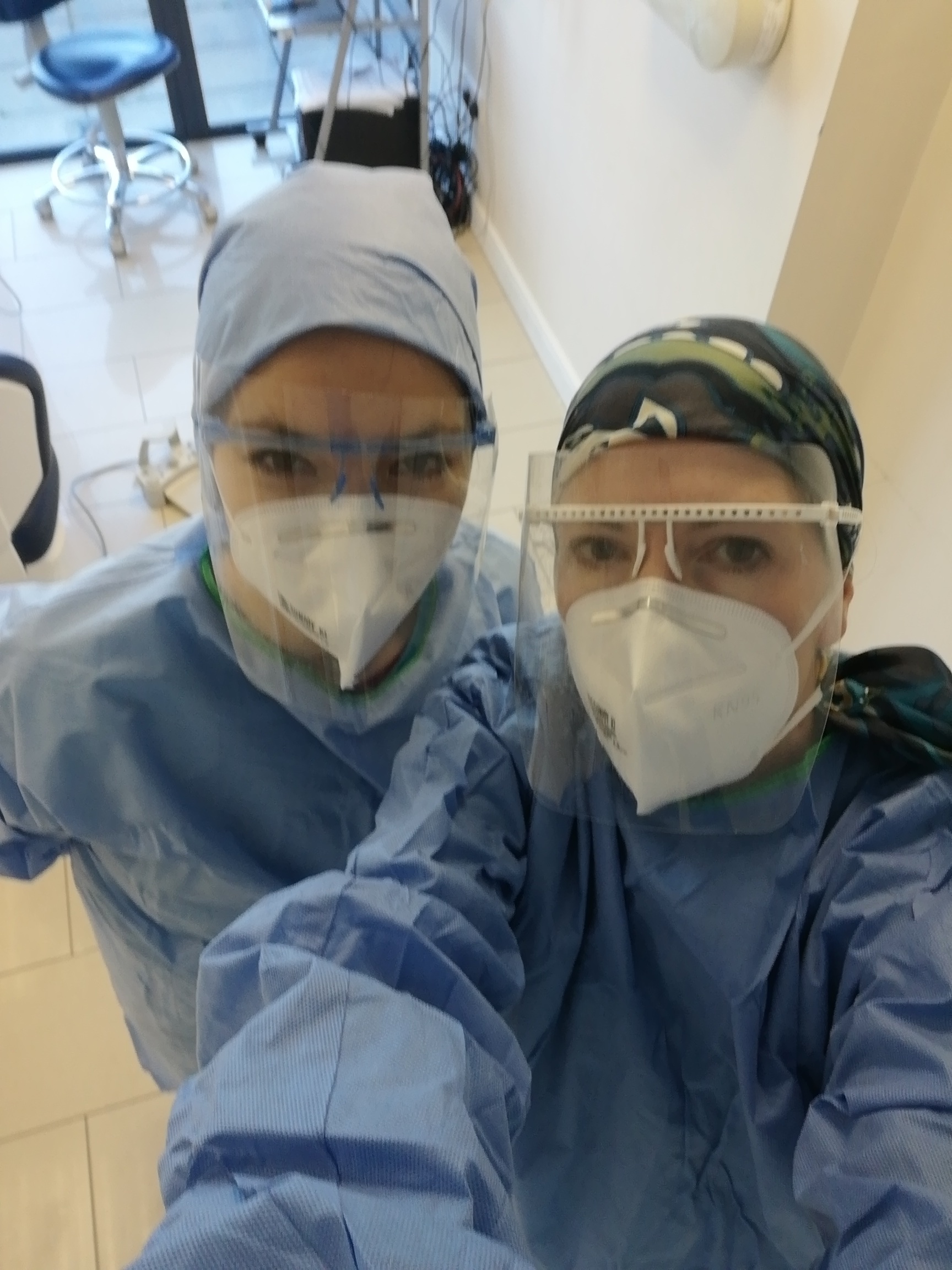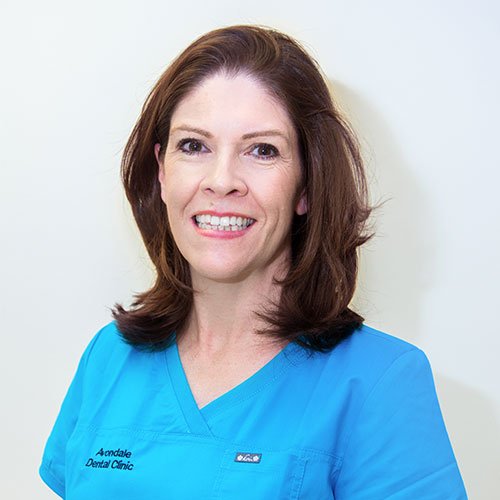Oral Cancer – Early Screening & Detection is key
The need for early detection of oral cancer is very important and can be extremely advantageous for discovering cancerous legions so that they may be treated during the early stages. This accounts for better survival rates if treated early on. However, there is much controversy over whether oral cancer screening is a necessary part of a dental exam if there are low-risk factors or genetic indicators. Just as there are varying schools of thought regarding oral cancer screenings, there are lifestyles one can avoid helping in the prevention of developing oral cancer.
There are several important signs that we need to be aware of, to be able to catch oral cancer in its very early stages if at all. It can be a tough one to detect, and an even more difficult one to obliterate into remission. Some of these warning signs include signs of cancer or precancerous lesions or tumours inside the mouth or nearby lip, neck, and throat areas. There are predisposing risk factors that may also lead one getting oral cancer. Some of these are gender, age, exposure to ultraviolet light, poor nutrition, genetics, tobacco use, alcohol use, human papillomavirus (HPV) infection, immune system suppression, lichen planus, and graft-versus-host disease (GVHD).
By 2020, 1 in 2 people in Ireland will develop cancer during their lifetime.
Though the above are just some of the risk groups and factors for developing oral cancer, there may be more significant or insignificant ones that only your doctor or dentist may be able to detect. Therefore, early oral cancer screening is so important. It is usually done during your normal dental cleaning exam by the dental hygienist and/or dentist. They will feel inside your mouth, along your gums, and they will also feel your glands and lymph node areas along the neck and throat.
So, before you cancel your regular dental checkup, allowing your fear of the dentist or cleaning procedure to overwhelm you, you may want to think twice about the risk you may be taking in not visiting your dentist. There are many ways that dentists have in modern times that may allay any fears of dental or cleaning procedures, and if not taken advantage of, you may find yourself at a very high risk for developing or failing to catch a deadly disease.
If perhaps, you do find that you have a suspicious looking spot, bump, or legion, the dentist can do what is called a biopsy. A biopsy is when the doctor or dentist surgically removes part or all the affected area and sends it to a specialised lab for assessment. Following that process, the dentist will then advise you of the next steps to be taken to either try to stop cancer in its tracks, or tell you the wonderful news that the biopsy was benign, or non-cancerous.
They may suggest healthier eating and lifestyle habits and encourage you to keep up with your regularly scheduled appointments. They will also teach you ways to self-screen for anything suspicious looking. That way, if need be, you can make a timely appointment to visit with your dentist.




